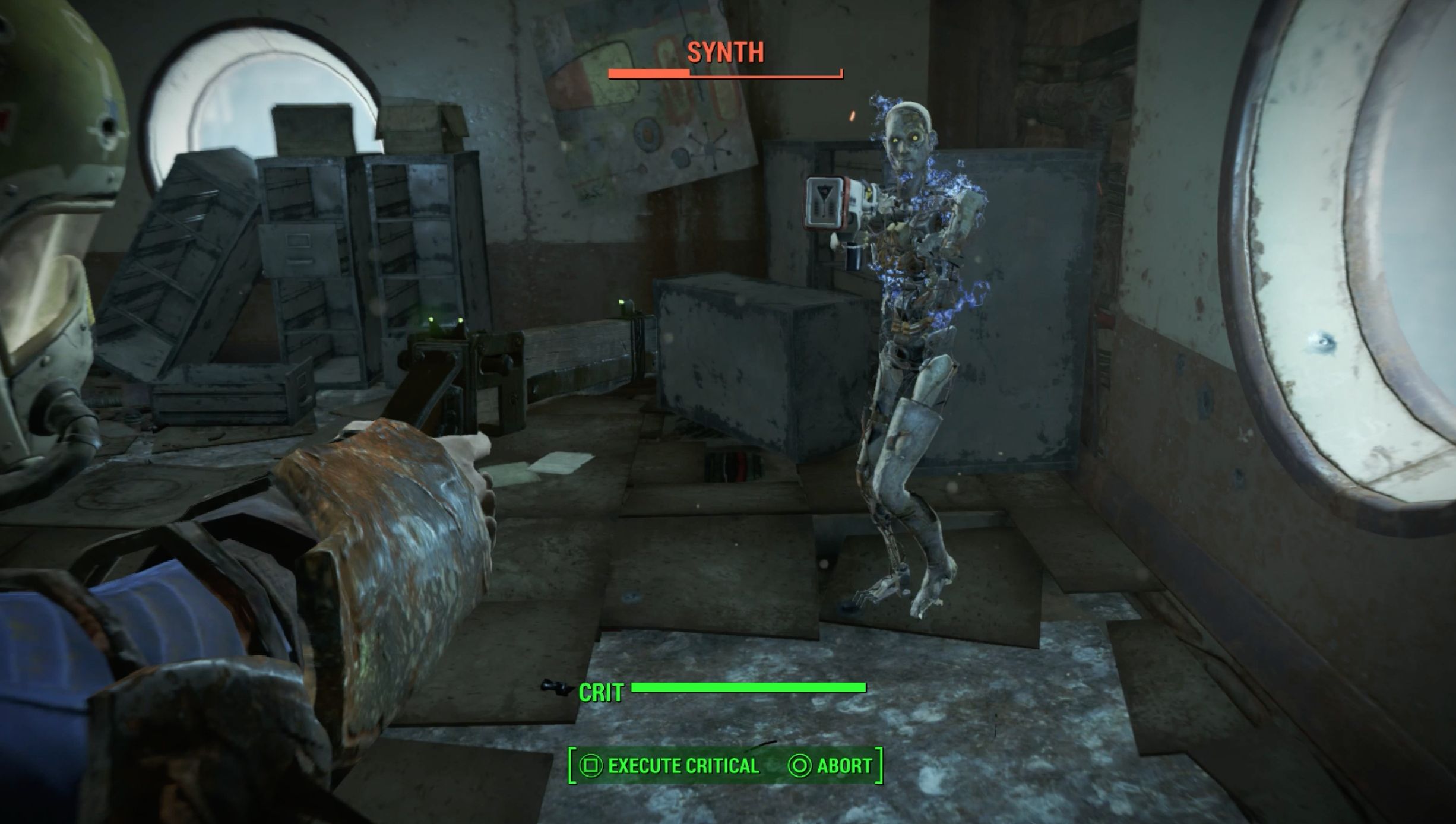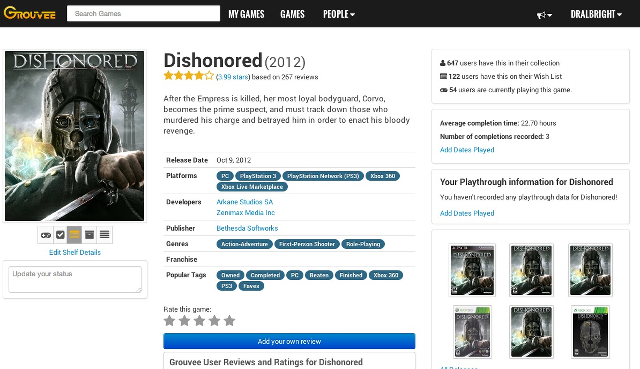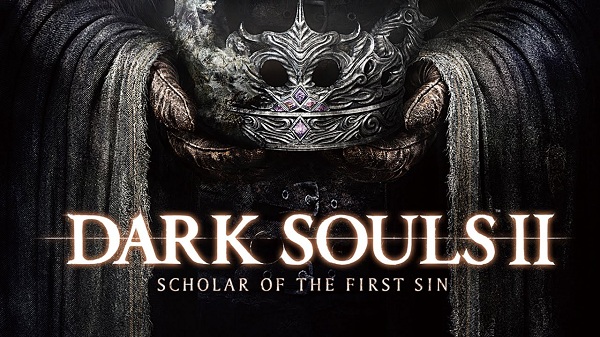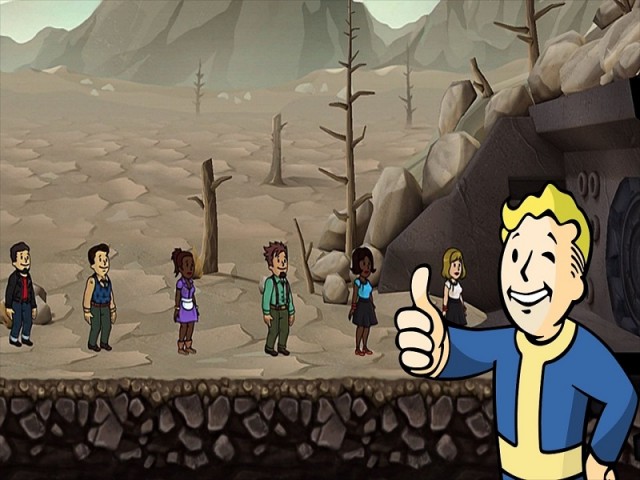

American patriot Patrick Henry once famously said, “Give me liberty or give me death.” Sid Meier’s Civilization IV: Colonization (a remake of 1994’s Sid Meier’s Colonization) takes that quote quite literally: as the leader of the English, Spanish, French, or Dutch colonial efforts, your singular victory conditions are to colonize the New World; build a thriving, self-sufficient nation; and win your independence from Europe in a revolutionary war. It may be smaller in scope than we’re accustomed to in a Civ game, but it’s still extremely addictive and complex in its own right.
As in Civ, you start by founding a single colony and exploring the map (random, or pre-made scenarios based on the Americas), but from there on out the challenge is entirely different; Col is more about trade economics than warfare or diplomacy. You must extract raw resources from the land and produce goods for sale back in Europe, and then spend the proceeds to recruit more colonists to expand your operation. While the game has some impressive automation features for those averse to micromanagement, much of the joy early on comes from setting up your colonies just right - cultivating the land, training specialized colonists and assigning them to specific tasks, and building structures to enhance production. Later in the game, automation becomes a necessity, as guiding the production of goods such as muskets on a large scale would be maddeningly complex. I particularly appreciate the wagon train automation, which allowed me to designate which supplies should be imported and exported from each colony and then sit back and watch as the wagons redistributed them accordingly.
Meanwhile, other Europeans competing for territory must be dealt with either diplomatically or militarily. Neither system is particularly well fleshed-out, though. Combat is a little simplistic - with only three military units (soldiers, dragoons, and canons) and three warships to choose from, it’s not the deepest part of the game by any means. At least upgrades earned through combat experience allow you to specialize your troops to some degree. You also have to deal with the inconvenient fact that there are already people living on the land you’re trying to colonize. Plundering Native villages for a quick buck and free territory is only one of your options - playing nice gives you a free place to train your colonists, a source of converts, allies against your enemies, and trading partners (and you don’t have to spend a bunch of resources to fight a war). It’s often much easier to kill them with kindness, as they will offer to give you their settlements when your borders expand around them.
Once you’ve built up your colonies and grown tired of your King’s constant demands for higher and higher taxes and tribute, you must declare your independence. The revolutionary battle becomes grueling, though, especially as the difficulty level increases. Wave after wave of the King’s troops land on your shores - usually in the same exact spots - and attack. It’s a test of endurance that the game up to this point has left you pretty much completely unprepared for, so, unless you know what’s coming and have spent the past 100 turns or so building up your military, you’ll probably be overwhelmed.
Some areas of questionable balancing make the late game tricky to navigate. First and foremost, the attacker seems to have a huge advantage in combat - I lost far too many battles from within heavily fortified cities, and dragoons seem to win nine out of 10 battles regardless of what unit they’re fighting and where, making a good offense your only real defense. That’s manageable against Natives and other colonies, but during the revolution with literally hundreds of enemy troops landing? Not so much. Also, once you’ve educated a few citizens in your schools, the amount of time it takes to graduate them makes it completely impractical - you’re better off just buying specialists from Europe.




 Like Goodreads, but for Video Games: Manage Your Game Collection Better
Like Goodreads, but for Video Games: Manage Your Game Collection Better Kingdom Under Fire II Wiki – Everything You Need To Know About The Game .
Kingdom Under Fire II Wiki – Everything You Need To Know About The Game . Dark Souls II: Scholar of the First Sin Guide: How To Beat The Most Devastating Mobs/Monsters
Dark Souls II: Scholar of the First Sin Guide: How To Beat The Most Devastating Mobs/Monsters How to backup or transfer your Fallout Shelter save game between devices.
How to backup or transfer your Fallout Shelter save game between devices. How to Learn Any Skill with Your Own Solid Training Plan
How to Learn Any Skill with Your Own Solid Training Plan